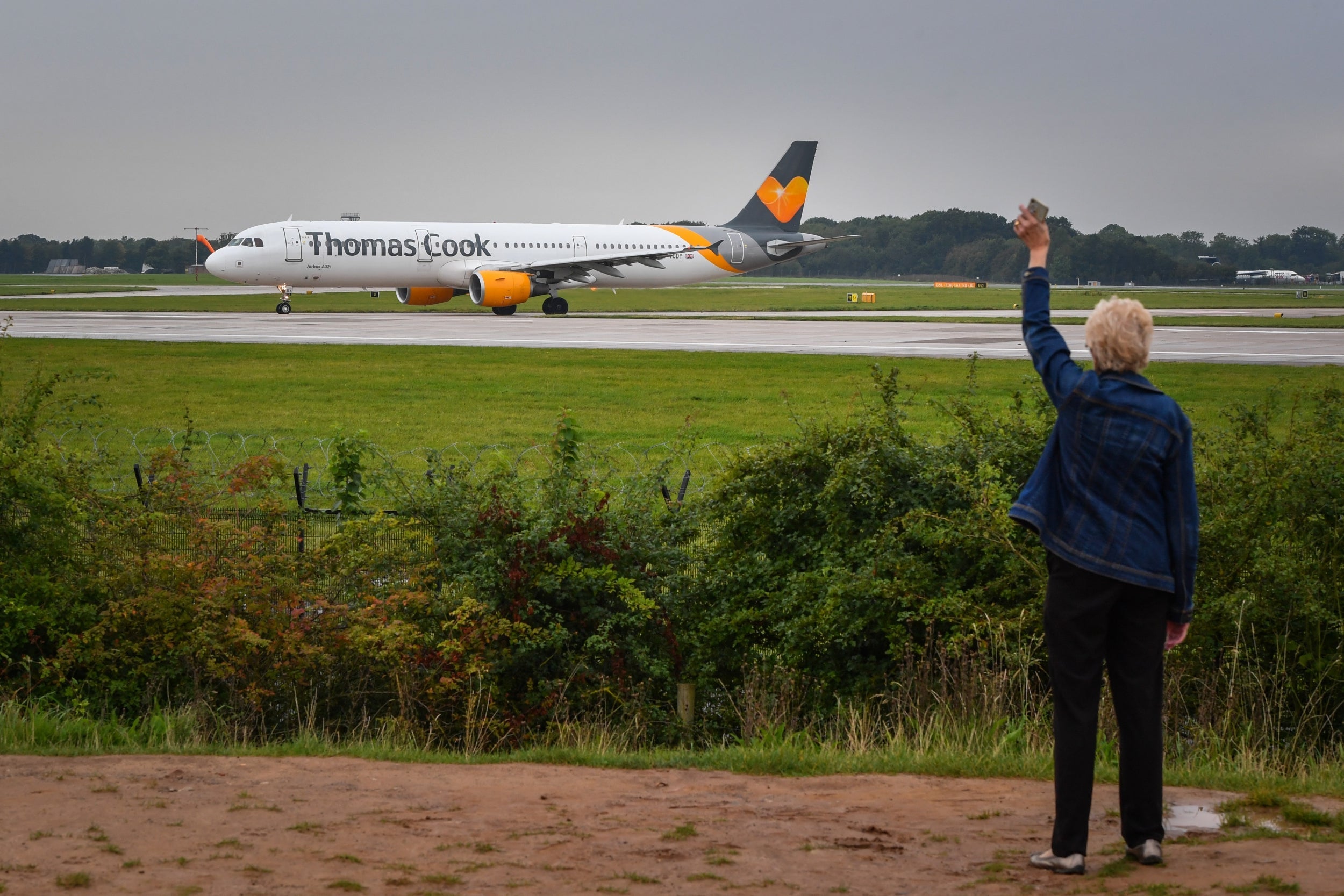
The Thomas Cook collapse – News that shook the Global business world back to reality
26 Sep 2019
Monday was a shocker for tourists across the world who had booked their travels via Thomas Cook, the travel firm. The British firm went bankrupt and had entered liquidation, leaving 1,50,000 customers stranded across 53 destinations all over the world. What’s more, over 20,000 employees were suddenly facing a bleak future.
The British government had to start repatriating those travelling and left stranded — the largest such effort in British history in peacetime. The impact of the closure was a dent to tourism not just in the UK but across the world.
Thomas Cook was the oldest travel agency in the world, beginning operations in 1841. The company’s eponymous founder, a cabinet maker, organised the earliest tours to Europe in 1855. One look at the old postersand you will realise the history of the firm, and its journey through changing times.
So what went wrong? Obviously, the huge legacy notwithstanding, the company has failed to keep up with the times. The firm has blamed Brexit uncertainty, the heatwave, and political upheavals in some destinations as reasons that led to the collapse. Were fewer Britons travelling that resulted in this? Well according to ABTA Holiday Habits Report 2018, 60 per cent of Britons did take a holiday, up from 57 per cent the year before so that can be ruled out.
Travel expert Simon Calder is quoted as saying that the firm “wasn’t ready for the 21st century.” Reality is that this was a Power Brand for many decades, one that was well revered across the globe. But the management failed miserably when it came to reimagining and repositioning the business in line with the times. I am also reminded of Kodak which was Power Brand in the photography space for many decades but lost out in the technology race by not reinventing itself with the times.
As Sarah Vizard puts it in her article in Marketing Week, “But there was a marketing problem too. Data from Kantar’s BrandZ research shows that while Thomas Cook was well-known, it had little in the way of competitive edge. Consumers saw little difference between it and competitors, felt it followed rather than setting trends and lacked relevance.”
No brand however monolithic is invincible, that for me is the biggest lesson in this incident. Brands must constantly look to compete and stay in synch with the times. While a standard post mortem will through up dozens of analyses, some of the most topical would be the following.
This is the age of online bookings. The report by ABTA, the UK travel trade body, says four in five Britons booked a holiday online in 2018. The modern-day traveller has access to a smartphone, and consequently a wide variety of apps to compare deals and itineraries.
Today’s travellers like to tailor their plans after comparing different options online — the DIY traveller is here to stay. Personalised itineraries are now the norm.
Then there is experiential travel, a trend that has caught on in a big way. Millennials prize experiences above everything else — a culinary experience in a city of their choice or a cultural tour, for example.
An increasing number of travellers have also come to depend on user-generated content in the form of reviews of hotels, shows and destinations. Many online travel platforms enable this exchange of information.
Understanding customer preferences, and meeting the customer on a platform of their choice is an important way for travel firms to stay relevant. Legacy travel firms should understand customer pain points, map their journeys and provide solutions before the customer has even realised there’s a problem.
Customers may research online and book offline, or may research on a tablet and book on their smartphone — no matter what their journey looks like, the travel firm should ensure they offer a seamless experience. Delivering an omnichannel experience, where meeting the customer on a channel and platform of their preference is a key takeaway for today’s travel firms. Predictive and proactive approach rather than a reactive one should be the way to go.
New age travel firms should adopt technology — Big Data analytics and machine learning help them provide actionable insights, and offer customers tools and data for an enhanced experience. Apps to provide reminders and alerts, tools that offer real-time information on what a customer must do in case of an emergency or crisis at a travel destination will not just enhance the travel experience but make it hyper-personalised.
The above represent the thumb rule when it comes to operating any travel related business in the competitive industry today. Now why didn’t Thomas Cook see the warning signs well in advance remains a mystery. This in my view was a PR disaster that could have been averted and managed very differently with a little bit of planning. While it is easy to pass judgement on such episodes, it is the challenge of building a brand to such a scale that and to see it washed away like this that pains me the most.
